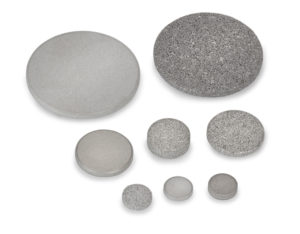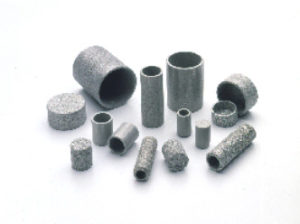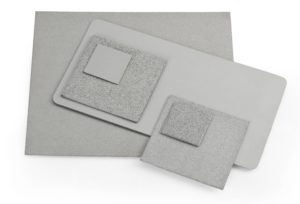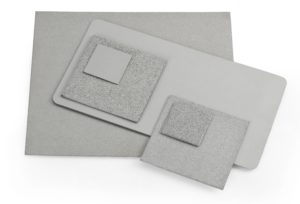Commercial Vehicles
Mott specializes in producing high-quality porous metal components designed to endure the demanding conditions of commercial vehicle engines. Our comprehensive range of commercial vehicle components, such as filters, is meticulously engineered to withstand the extreme temperatures and pressures within engines, safeguarding critical engine components from contaminants and ensuring optimal performance.
Additionally, we offer custom-designed porous metal sheets specifically tailored for fuel cells, a vital component frequently found in electric vehicles, contributing to their efficiency and sustainability. At Mott, our commitment to excellence ensures that our commercial vehicle components and porous metal sheets are reliable and built to meet the rigorous demands of modern transportation technology.

Questions? Call 860.747.6333 Today!
Related Resources
Typical Applications:
- Fuel Cells
- Space Vehicles
- Energy Storage
- Material Handling
Porous Metal Overview
Explore the features and benefits of Mott sintered porous metal media for superb filtration efficiency, structural integrity and uniform porosity.
Gas Diffusion Layers
Mott porous metal gas diffusion layers are the leading choice for high performance electrolyzer and fuel cell applications.
Lab & Engineering Services
Discover our entire range of services, including rapid prototyping, filter feasibility, media characterization and more.
Explore Mott's Capabilities
Provides an overview of markets served, applications, products, materials, and engineering capabilities.
Why Choose Mott for Commercial Vehicle Components?
Commercial vehicles are a category of motor vehicles designed and used for transporting goods and passengers for commercial purposes. They include a wide range of vehicles such as trucks, buses, vans, and heavy-duty equipment. Commercial vehicles play a critical role in various industries, facilitating the transportation of goods, people, and materials that are essential for economic activities.
Mott excels in providing the best commercial vehicle components due to its expertise in manufacturing porous metal components that can withstand the demanding conditions and rigorous use typical in commercial vehicles. Mott’s components, including filters and sheet, are designed for exceptional durability, reliability, and performance, ensuring the smooth operation and extended lifespan of commercial vehicles. With a commitment to quality and innovation, Mott is a trusted partner for commercial vehicle manufacturers and operators seeking components that enhance safety, efficiency, and overall vehicle performance.
FAQs: Commercial Vehicle Components
Q: What types of commercial vehicle components does Mott manufacture?
A: Mott manufactures a wide range of commercial vehicle components, including filters and porous metal sheet for various applications, such as engine protection and fuel cells.
Q: Why are high-quality commercial vehicle components important?
A: High-quality commercial vehicle components are crucial for ensuring the reliability, efficiency, and longevity of commercial vehicles. They help protect sensitive engine parts and contribute to the overall performance and safety of the vehicle.
Q: How does Mott ensure the durability of its commercial vehicle components?
A: Mott designs and manufactures its commercial vehicle components using durable porous metal materials that can withstand extreme temperatures and conditions commonly encountered in commercial vehicle engines.
Q: Can Mott’s commercial vehicle components be customized for specific vehicle types?
A: Yes, Mott offers customization options for its commercial vehicle components to meet the unique requirements of different commercial vehicle types and applications.
Q: What benefits do commercial vehicle operators gain from using Mott’s components?
A: By using Mott’s high-quality commercial vehicle components, operators can expect improved engine protection, enhanced vehicle performance, reduced maintenance costs, and extended component lifespan.



